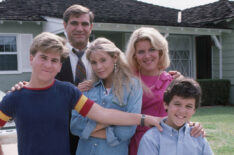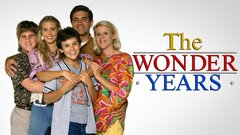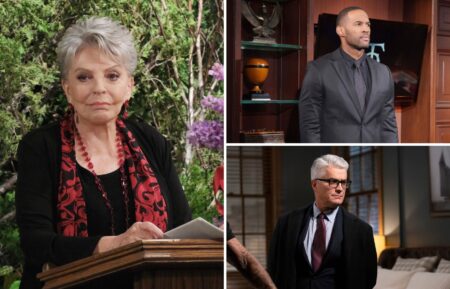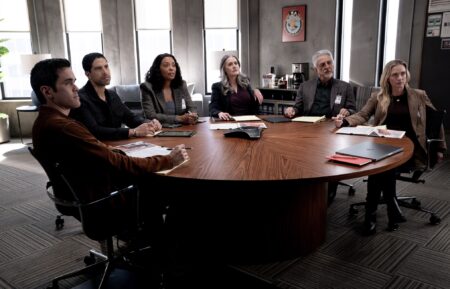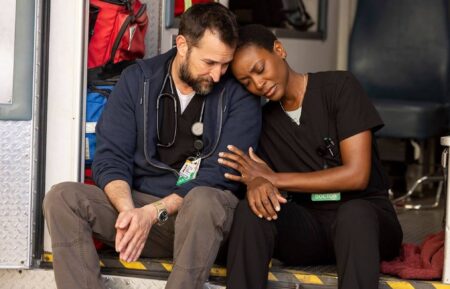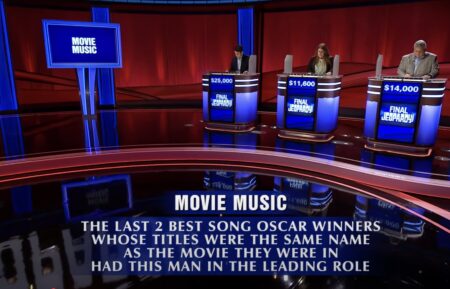David Bianculli: ‘The Wonder Years’ Turns 30
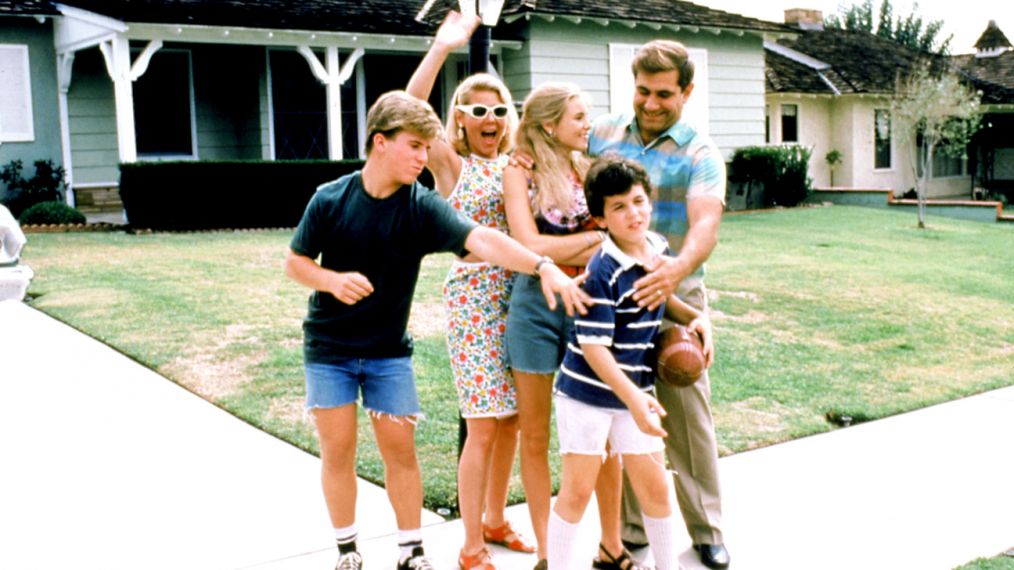
When The Wonder Years premiered on January 31, 1988, it was given the plumb spot behind Super Bowl XXII. While the game wasn’t memorable (the Washington Redskins beat the Denver Broncos in a 42–10 blowout), the sitcom about a teen growing up in the tumultuous late 1960s/early ’70s was a stunner.
The story focused on Kevin Arnold (Fred Savage), a young boy entering the uncharted waters of junior high school. Accompanying him on that coming-of-age journey were two equally inexperienced neighborhood kids: his nerdy best friend, Paul Pfeiffer (Josh Saviano), and his first crush, Winnie Cooper (Danica McKellar).
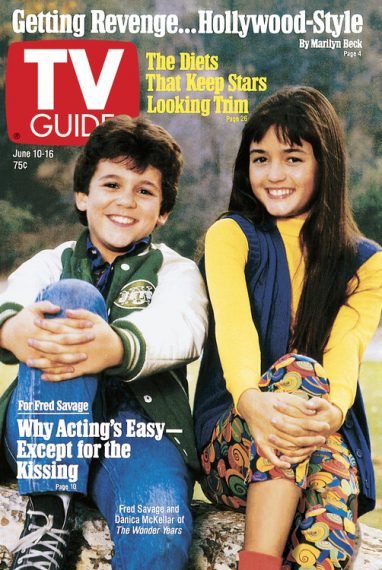
TV GUIDE
Part of what made The Wonder Years such a grand exercise in nostalgia is that it was mostly narrated by the adult Kevin looking back on his childhood with the perfect mix of reverie and embarrassment. Daniel Stern provided the voiceover and gave ideal readings to such lines as “I…really…didn’t…understand…girls.” That phrase translated into a pitch-perfect Star Trek parody, with Kevin as a young Captain Kirk and Paul as Spock being controlled by a miniskirted alien Winnie—one of my favorite Wonder Years moments.
In fact, there were many favorite moments, including the pilot’s tender first kiss between Kevin and Winnie, set to the music of Percy Sledge’s “When a Man Loves a Woman.” Music was key to the series, and creators Carol Black and Neal Marlens had a knack for selecting songs that perfectly fit the mood of the summer of 1968 and onward.
Music, and the expensive rights to repeat them on home video, delayed the full series’ release on DVD until a few years ago. Viewers won’t be disappointed trying to feed their nostalgia fix—and it’s not just for baby boomers. Yes, the series hit some very specific notes with that audience, but the childhood themes it explored were and remain universal: apprehension at attending a new school, dealing with siblings—like Kevin’s bullying older brother, Wayne (Jason Hervey)—being challenged or accepted by new teachers and, perhaps most important, coming to terms with a teenage crush. When I show the comedy to college students in my TV-history classes, they love it, respond to it and relate to it—even though most of them were born closer to the year 2000.
The Wonder Years is the best TV show about an adult looking back wistfully on his childhood, but it’s not the only one. From 1949 to 1956, CBS aired the series Mama, which featured an immigrant Norwegian family in turn-of-the-century San Francisco. It had an adult narrator who introduced each episode by flipping through a photo album, saying, “I remember my brother Nels, and my little sister Dagmar and, of course, Papa. But most of all, I remember Mama.” I remember Mama too, because I show one of the few surviving episodes in my college course. (It’s a great one that revolves around a spelling bee, and it captivates my students today.)
More recently, Chris Rock provided the adult narration for The CW’s Everybody Hates Chris, inspired by his memories of growing up in the 1980s. Also mining the ’80s is ABC’s The Goldbergs, creator Adam F. Goldberg’s quirky account of his younger years. But both of those shows go more directly for the laughs and are big on exaggeration. The Wonder Years kept stories small and real. And because of that, it remains the biggest and best sitcom nostalgia trip of all.

